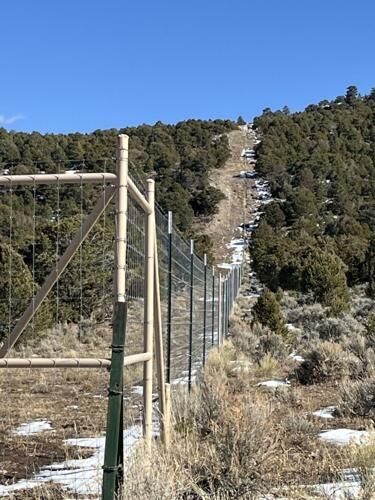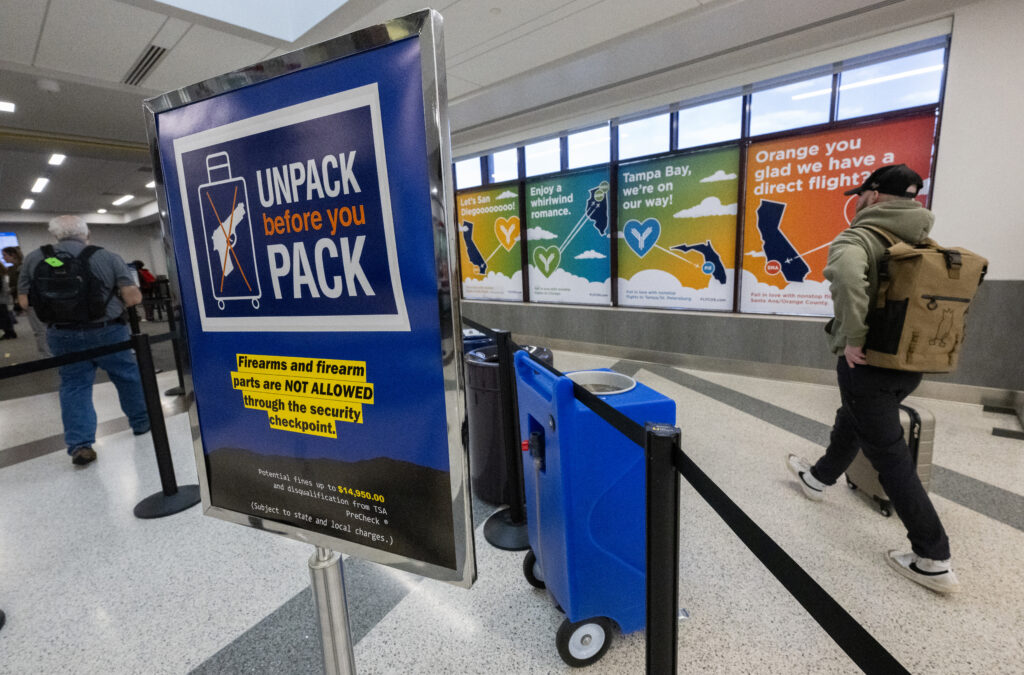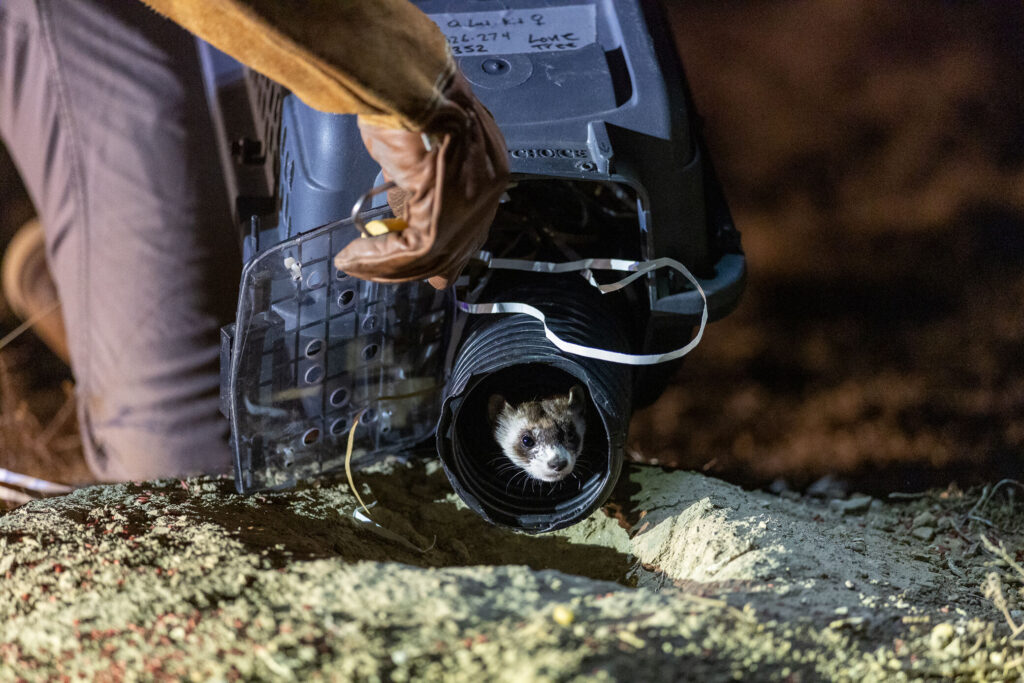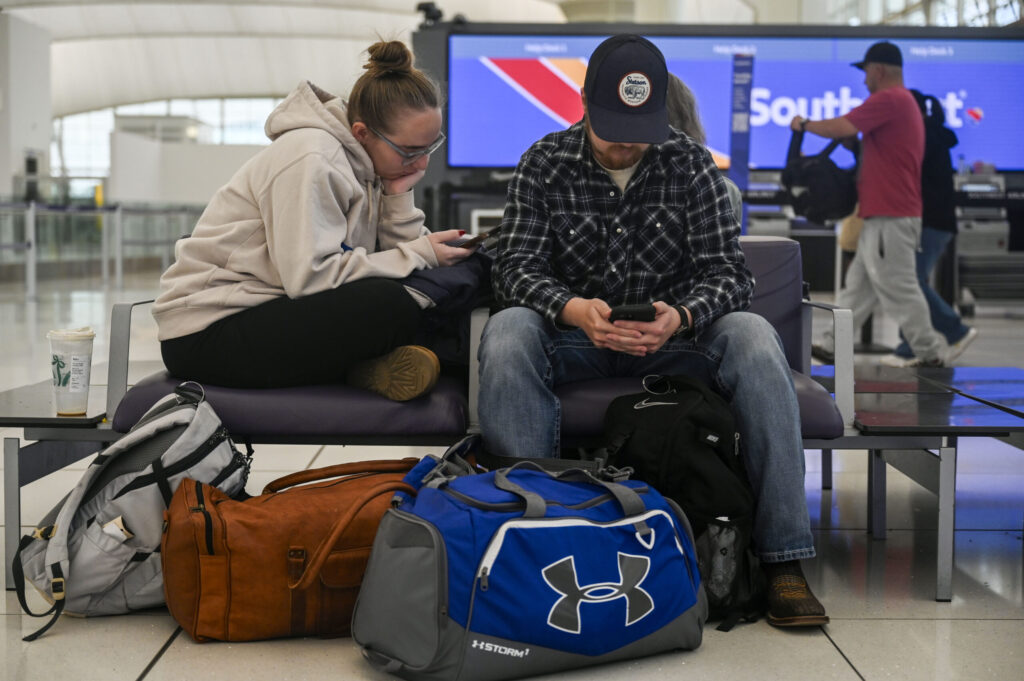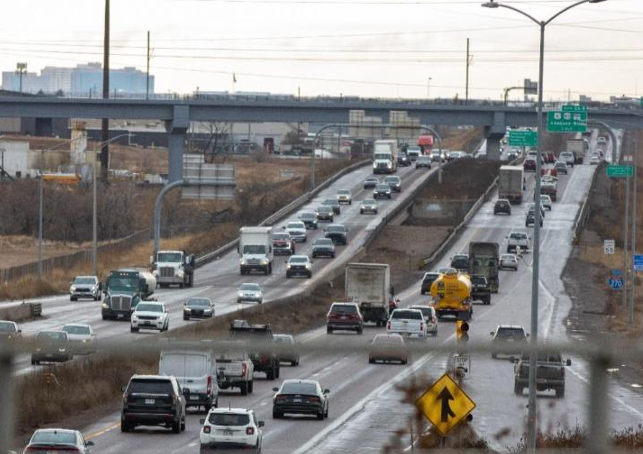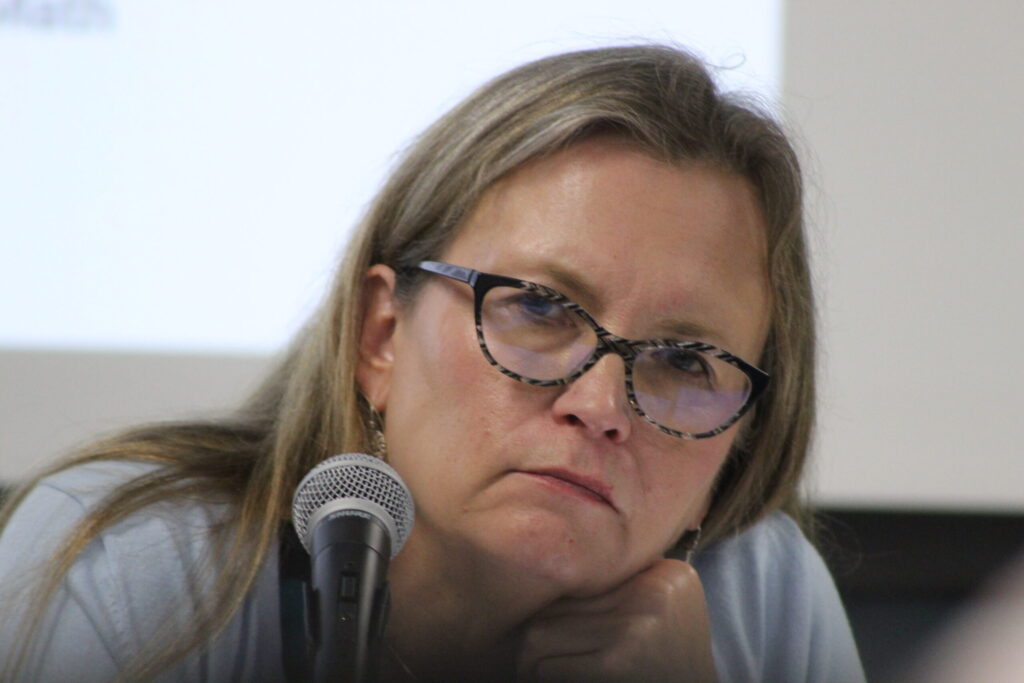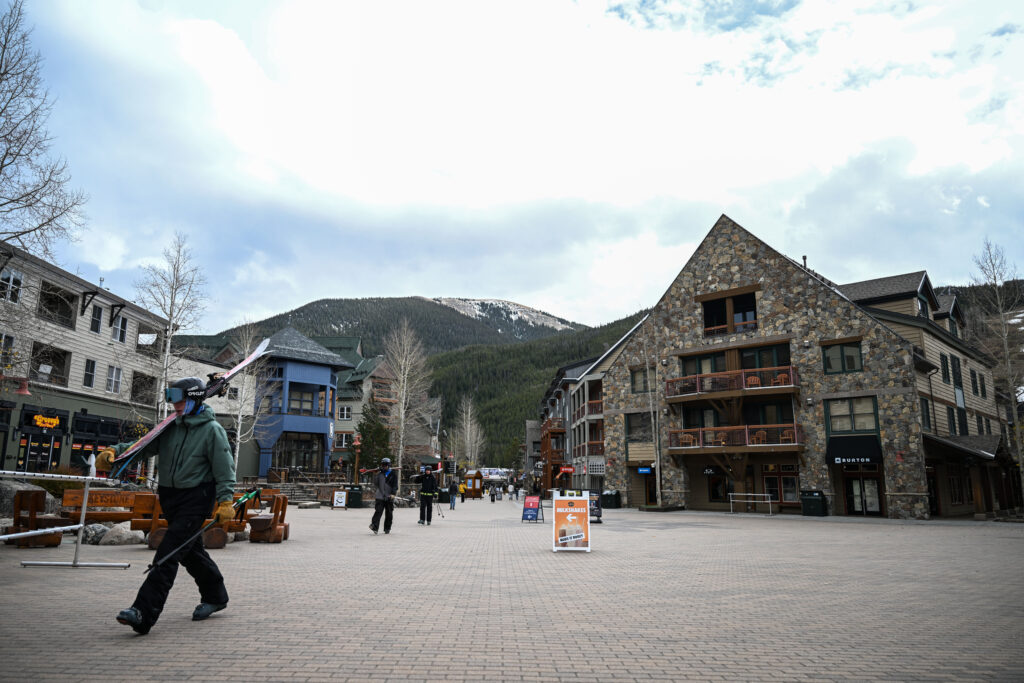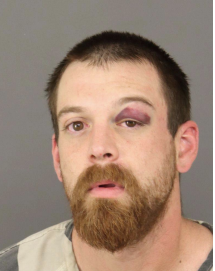Communities across Colorado voted on ballot issues
By Tom Cronin and Bob Loevy
The results of the November 2025 odd-year elections are well known. Democrats easily won the Virginia and New Jersey governor elections and, in a number of other state elections, bested the Republicans.
In Colorado, the big 2025 election news was that a statewide program providing free breakfasts and lunches in public schools for all students, regardless of financial need, was extended by voters and financed into the future.
Much less attention was being paid in Colorado to 138 municipal ballot issues and questions that were submitted to city voters for a “Yes” or “No” vote.
We are mainly a representative democracy. We elect City Council members to represent us on the City Council. We elect county commissioners to represent us at the county seat. And we elect U.S. representatives and U.S. senators to represent us at the Congress.
But we switch from “representative government” to “direct democracy” when city voters cast their ballots to decide on local city issues.
Not every state makes as widespread use of the voter referendum as Colorado does. Colorado citizens are lucky to have their direct vote on many heavily debated local issues.
Here are notable city issues that were voted on throughout Colorado this past Election Day.
Voters in Fort Morgan (on the Eastern Plains east of Greeley) voted for a tax increase to finance building a new aquatics center.
In Lafayette (east of Boulder), voters authorized borrowing money to fund a new recreation center, construct a new civic center, and improve the parks and public works service center.
Voters in Timnath (northeast of Boulder) said “Yes” to building a new recreation center.
In Yuma (Eastern Plains near the Kansas state line), a temporary sales tax was voted in to fund a municipal swimming pool.
Voters in Westminster (a suburb northwest of Denver) approved a new fire station with emergency vehicles and equipment.
Voters in Canon City (southwest of Colorado Springs) voted affirmatively to extend a tax to pay for paving streets.
Voters in Fort Collins supported a citizen-initiated proposal to extend the city’s Open Space sales and use tax,
In Fort Lupton (south of Greeley) there was approval of a 20-year extension for the town’s water acquisition and improvement fund.
And in Pueblo, an economic development tax was adopted to create primary jobs and support capital improvement projects.
But there were other Colorado cities where these kinds of project-oriented ballot issues were rejected.
In Bayfield (east of Durango), voters turned down a new gymnasium and improvements to parks and trails.
In Manitou Springs, voters rejected an excise tax on ticket sales and admission fees.
In Telluride, voters rejected an excise tax on ski lift tickets which would have been used to maintain and improve the skiing gondola.
Also in Telluride, voters said “No” to going into debt to further fund affordable housing projects
And in Pueblo, voters rejected raising taxes to support the general fund.
In addition to ballot issues on raising taxes to spend money on civic projects, there were questions about the structure of local governments.
In Cripple Creek (southwest of Colorado Springs), voters decided to elect a Home Rule Charter Commission to rewrite the city charter.
But in Pueblo, voters elected to stay with their present council-mayor form of government rather than switch to council-manager.
There also were cities voting on legalizing marijuana and flavored tobacco.
The city of Craig (in the northwestern corner of Colorado) narrowly voted to increase sales tax on retail marijuana to fund a new library and museum.
In Denver, citizens voted to retain a law prohibiting the sale of flavored tobacco products.
In Silt (west of Glenwood Springs), citizens approved a sales tax increase on nicotine and tobacco products to fund parks and community health programs.
And in Springfield (in the southeastern corner of Colorado), voters failed to enact a new law allowing the cultivation, manufacture, and selling of marijuana products.
In Central City (in the mountains west of Denver), voters turned down granting a permit for sexually oriented businesses in the historic downtown gambling district.
In an unusual joint effort, the cities of Craig, Hayden, Oak Creek, Yampa, and Steamboat Springs (in the Yampa River Valley in northwestern Colorado), each approved by separate votes the formation of the Yampa Valley Regional Transportation Authority.
This list of 138 ballot questions decided by Colorado cities and towns in the November 2025 elections was provided by the Colorado Municipal League.
Election turnout was high in Virginia, New Jersey and New York City. Turnout was modest in most of the Colorado ballot questions described here.
But let’s celebrate that citizens can vote on local tax and community development projects. Here’s to fair and regular elections!
Tom Cronin and Bob Loevy write about national and Colorado politics.







